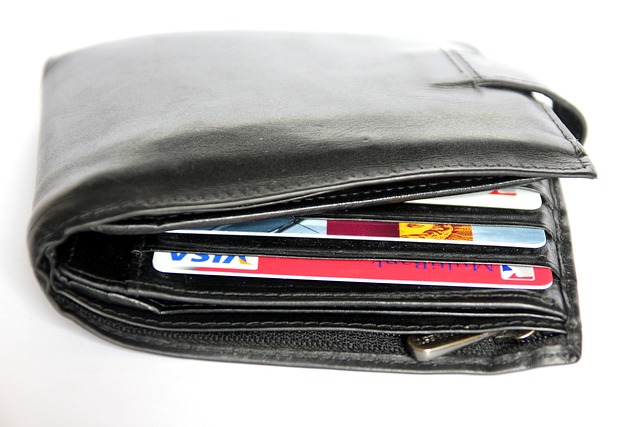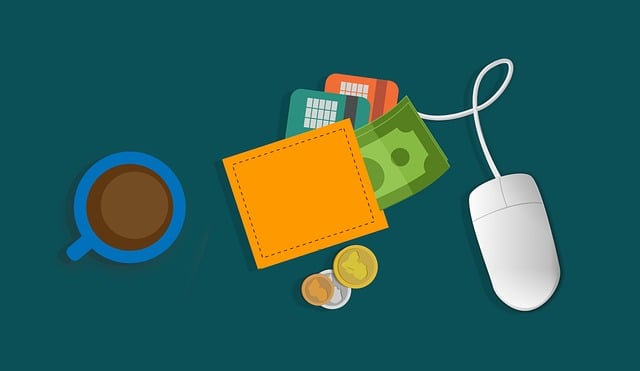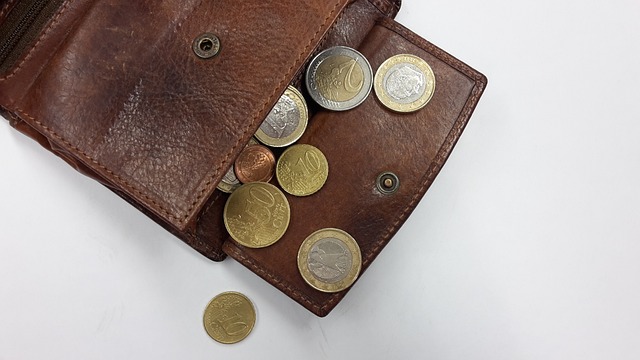The Ultimate Guide to Crypto Wallets
Author: Jameson Richman Expert
Published On: 2025-01-31
Prepared by Jameson Richman and our team of experts with over a decade of experience in cryptocurrency and digital asset analysis. Learn more about us.
Welcome to the exciting world of cryptocurrency! As Bitcoin, Ethereum, and a plethora of altcoins continue to rise in popularity, understanding how to manage and store your digital assets becomes paramount. A significant part of this process is selecting the right crypto wallet. In this article, we will delve into the different types of crypto wallets, their features, and how to secure your investments.

What is a Crypto Wallet?
A crypto wallet is a software program or physical device that allows you to store, send, and receive cryptocurrencies. It does not technically "store" your cryptocurrencies in the traditional sense. Instead, it manages your public and private keys—critical components that enable you to interact with the blockchain.
Types of Crypto Wallets
There are several types of crypto wallets available, each with its own pros and cons. Here’s a breakdown of the most popular options:
1. Hot Wallets
Hot wallets are connected to the internet and offer more convenience for everyday transactions. These wallets are ideal for those who frequently buy or sell cryptocurrencies. However, because they are online, they are more vulnerable to hacking attempts. Examples include:
- Desktop Wallets - Installed software on your PC.
- Mobile Wallets - Applications designed for smartphones.
- Web Wallets - Browsers-based wallets with online access.
2. Cold Wallets
Cold wallets, on the other hand, are offline and are considered more secure for long-term storage of cryptocurrency. Ideal for holding large amounts of crypto that you don’t plan to sell or trade frequently, cold wallets come in various forms, such as:
- Hardware Wallets - Physical devices that store your keys offline.
- Paper Wallets - Physical documents containing printed keys and QR codes.
How to Choose the Right Wallet
The right wallet depends on your individual needs and how you plan to use your cryptocurrencies. Here are some key factors to consider:
Security
Prioritize security features like two-factor authentication (2FA), backup options, and private key control. If you are carrying out large transactions or holding significant amounts of cryptocurrencies, opt for cold storage solutions.
User Experience
Choose a wallet that offers a user-friendly interface, ample support, and tutorials. An easier interface will lead to fewer mistakes, especially for beginners.
Supported Cryptocurrencies
Not all wallets support every cryptocurrency. Make sure the wallet you opt for supports all the digital currencies in your portfolio.
Cost
Some wallets come with fees—whether in the form of transaction costs or initial purchases (like hardware wallets). Assess their pricing to ensure they fit within your budget.

Top Recommended Crypto Wallets
Here are some of the top crypto wallets that you may want to consider:
1. Coinbase Wallet
Coinbase Wallet is a popular choice for both beginners and seasoned traders. It offers user-friendly features and supports a wide array of cryptocurrencies. Users can easily connect their wallets to the Coinbase exchange for seamless transactions.
2. Ledger Nano X
The Ledger Nano X is a hardware wallet that supports numerous cryptocurrencies while providing top-notch security. Its Bluetooth capability allows you to manage your assets on the go via its mobile app.
3. Trezor Model T
The Trezor Model T is another renowned hardware wallet. It features a touchscreen for improved user experience and offers support for numerous cryptocurrencies, offering both security and usability.
4. Exodus Wallet
Exodus is a desktop and mobile wallet that combines an easy-to-use interface with great asset support. It provides built-in exchange services, enabling you to swap cryptocurrencies directly within the wallet.
Security Best Practices
Even with a reliable wallet, security should always remain a priority. Here are a few best practices:
Keep Your Software Updated
Regularly update your wallet software to patch vulnerabilities and ensure you’re using the latest features.
Never Share Your Private Keys
Your private keys are the keys to your crypto assets. Storing them in secure places and not sharing them with anyone is crucial for your security.
Use Strong, Unique Passwords
Create strong passwords for accounts associated with your wallets and take advantage of password management tools if needed.
Enable Two-Factor Authentication
When possible, enable 2FA on your wallets and exchange accounts as an additional layer of security against unauthorized access.
Exploring Crypto Wallets for Trading
If you’re keen on trading cryptocurrencies rather than merely holding them, certain wallets can enhance your experience. Trading wallets should support quick transactions and have integration with popular exchanges.
Binance Wallet
The Binance wallet is an option you can consider if you trade frequently. Known for its robust exchange functionalities, it allows seamless deposits, withdrawals, and trading of various cryptocurrencies.
You can start using Binance by signing up through this link.

Final Thoughts
Choosing the right crypto wallet is crucial in ensuring the safety and accessibility of your digital assets. With countless options available, weigh the pros and cons according to your individual needs, and always prioritize security. Whether you decide to go with a hot wallet for quick transactions or a cold wallet for long-term holding, the right decision will pay dividends in your crypto journey.
We hope this guide has provided valuable insights into crypto wallets. With the right tools and knowledge, you can confidently invest and trade in cryptocurrencies. Happy investing!